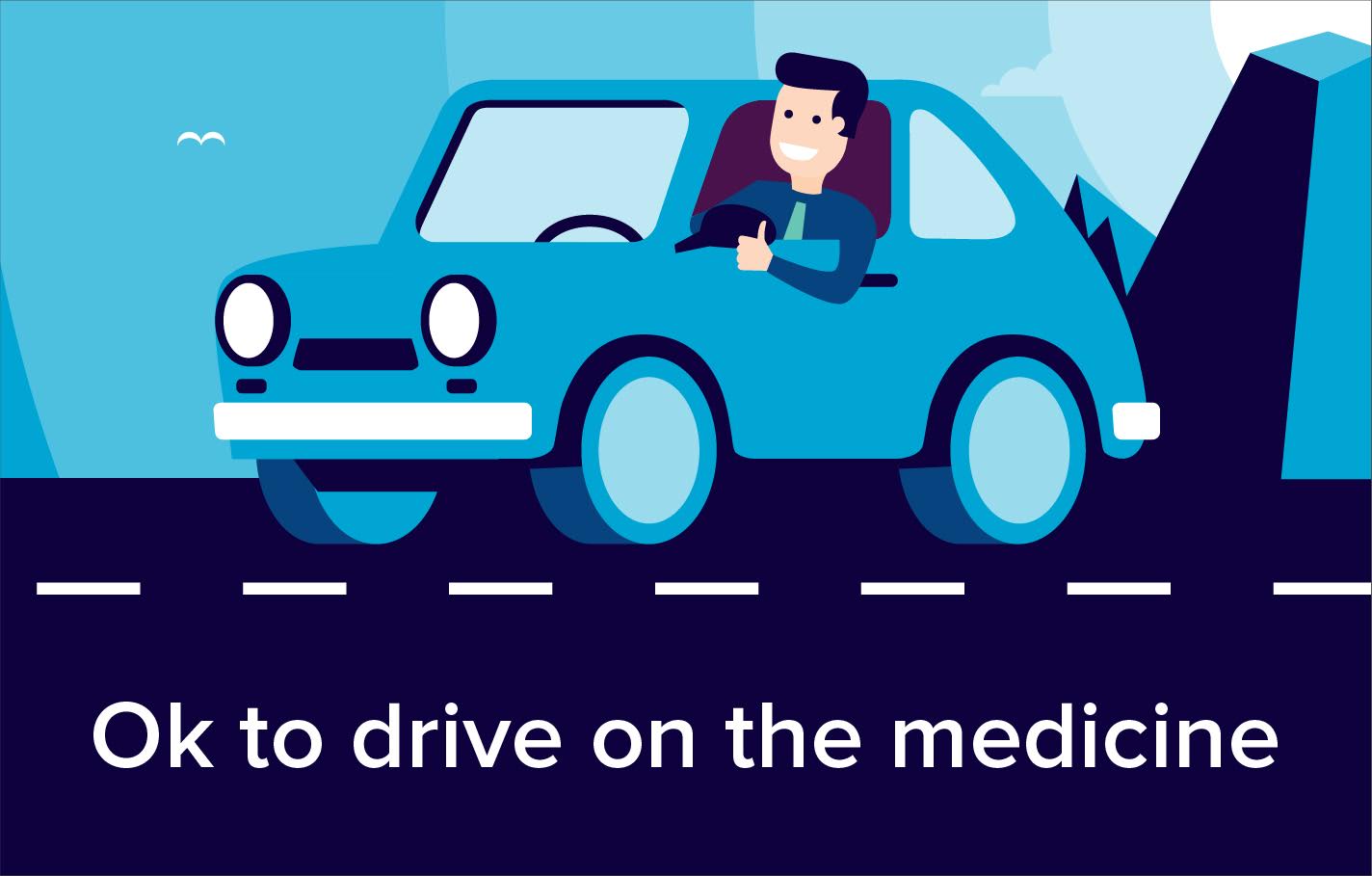Atacand is used for treating high blood pressure (hypertension) and heart failure.

Why have I been prescribed Atacand?
- Atacand is used for treating high blood pressure (hypertension) and heart failure.
How does it work?
- The active ingredient is candesartan cilexetil. This belongs to a group of medicines called angiotensin II receptor antagonists. It works by making your blood vessels relax and widen. This helps to lower your blood pressure. It also makes it easier for your heart to pump blood to all parts of your body.
When and how do I take it?
- Always take Atacand exactly as your doctor has told you. You should check with your doctor or pharmacist if you are not sure. It is important to keep taking Atacand every day.
What’s the dose?
High blood pressure
- The usual dose of Atacand is 8 mg once a day. Your doctor may increase this dose up to 32 mg once a day depending on blood pressure response.
- In some patients, such as those with liver problems, kidney problems or those who recently have lost body fluids, e.g. through vomiting or diarrhoea or by using water tablets, the doctor may prescribe a lower starting dose.
Heart failure
The usual starting dose of Atacand is 4 mg once a day. Your doctor may increase your dose up to 32 mg once a day.
- Swallow the tablet with a drink of water.
- Try to take the tablet at the same time each day. This will help you to remember to take it.
Could it interact with other tablets?
Please tell your doctor or pharmacist if you are using, or have recently used, any other medicines, including medicines obtained without a prescription. Atacand can affect the way some other medicines work and some medicines can have an effect on Atacand. If you are using certain medicines, your doctor may need to do blood tests from time to time.
In particular, tell your doctor if you are using any of the following medicines:
- Other medicines to help lower your blood pressure, including beta-blockers, diazoxide and ACE inhibitors such as enalapril, captopril, lisinopril or ramipril.
- Non-steroidal anti-inflammatory drugs (NSAIDs) such as ibuprofen, naproxen or diclofenac.
- COX-2 inhibitors such as celecoxib or etoricoxib.
- Aspirin (Acetylsalicylic acid), if you are taking more than 3 g each day.
- Potassium supplements or salt substitutes containing potassium.
- Heparin (a medicine for thinning the blood).
- Water tablets (diuretics).
- Lithium (a medicine for mental health problems).
- Herbal products should also only be taken after talking with your doctor.
What are the possible risks or side-effects?
Like all medicines, Atacand can cause side effects, although not everybody gets them. It is important that you are aware of what these side effects may be. They are usually mild and disappear after a short time.
Stop taking Atacand and seek medical help immediately if you have any of the following allergic reactions:
- Difficulties in breathing, with or without swelling of the face, lips, tongue and/or throat.
- Swelling of the face, lips, tongue and/or throat, which may cause difficulties in swallowing.
- Severe itching of the skin (with raised lumps).
Atacand may cause a reduction in number of white blood cells. Your resistance to infection may be decreased and you may notice tiredness, an infection or a fever. If this happens contact your doctor. Your doctor may occasionally do blood tests to check whether Atacand has had any effect on your blood (agranulocytosis).
Other possible side effects include:
Common (affects less than 1 in 10 patients)
- Feeling dizzy/spinning sensation.
- Headache.
- Low blood pressure. This may make you feel faint or dizzy.
Changes in blood test results:
- A reduced amount of sodium in your blood. If this is severe then you may notice weakness, lack of energy, or muscle cramps.
- An increased amount of potassium in your blood, especially if you already have kidney problems or heart failure. If this is severe you may notice tiredness, weakness, irregular heart beat or pins and needles.
- Effects on how your kidneys work, especially if you already have kidney problems or heart failure. In very rare cases, kidney failure may occur.
Can I drink alcohol while taking it?
- If you drink alcohol, talk to your doctor before taking Atacand. Some people who drink alcohol while taking Atacand may feel faint or dizzy.
What if I’m pregnant/breastfeeding?
Before taking Atacand, tell your doctor if you are pregnant or trying to become pregnant, or if you are breast-feeding. This is because Atacand can affect your baby.
- You must not take Atacand if you are pregnant.
- If you become pregnant while taking Atacand, stop taking it immediately and tell your doctor. Avoid becoming pregnant while taking Atacand by using a suitable contraceptive.
- You must not take Atacand if you are breastfeeding.
If you have any more questions please ask your Pharmacist.
Remember to keep all medicines out of reach of children
Please Note: We have made every effort to ensure that the content of this information sheet is correct at time of publish, but remember that information about drugs may change. This sheet does not list all the uses and side-effects associated with this drug. For full details please see the drug information leaflet which comes with your medicine. Your doctor will assess your medical circumstances and draw your attention to any information or side-effects which may be relevant in your particular case.
References:
http://www.rxlist.com/atacand-drug.htm
http://www.drugs.com/atacand.html
http://chealth.canoe.ca/drug_info_details.asp?brand_name_id=1293
http://en.wikipedia.org/wiki/Candesartan
http://www.betterhealth.vic.gov.au/bhcv2/bhcmed.nsf/pages/apcataca//$file/apcataca.pdf
http://www.atacand-us.com/index.aspx
http://www.webmd.com/drugs/drug-16595-Atacand+Oral.aspx?drugid=16595&drugname=Atacand+Oral
http://www1.astrazeneca-us.com/pi/Atacand.pdf

